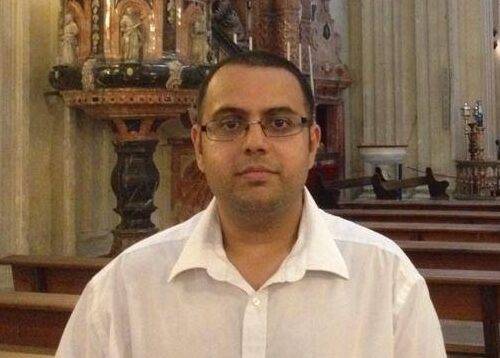Supporters of Syrian President Bashar Al-Assad have claimed consistently that if he leaves power minorities in Syria could be eliminated, and that only his rule can protect the country’s mosaic of religious and ethnic communities. However, Hunaidi argued, this argument is deeply flawed and untrue.
“Assad’s rhetoric from the start of the uprising [in 2011] has been about protecting minorities,” she explained, “but this rhetoric [that has been] rehearsed for decades only hurts, of course, the national solidarity between Syria’s religious sectors.”
A good case study to understand how the Assad regime is harmful to minorities is its relationship with the Druze in southern Syria. A religious minority that split away from Islam hundreds of years ago, the Druze in Syria are a majority in As-Suwayda governorate. They have a long history of rebelling against tyrannical rule stretching back centuries.
“They try to be autonomous because basically they don’t trust anybody,” Hunaidi pointed out. In 2011, As-Suwayda was under the tight control of the Syrian regime. “That didn’t stop them from participating in the revolution in other ways, though, like throwing pamphlets and organising fleeting short demonstrations.”
Prominent Druze leaders in the Syrian army were seen to defect and join the Syrian Free Army, the activist noted. “We also have Rajoul Al-Karama — ‘men of dignity’ — which is the Druze religious leaders’ movement. It was founded in 2012 by Druze sheikhs to protect all sects in As-Suwayda from any outside threat, including Assad and his allies.”
Sarah Hunaidi also spoke about the silencing of Syrian voices abroad and how political debate about Syria had little to do with what was actually happening in the country. Moreover, she pointed out that Syria’s economic hardship cannot be blamed solely on US sanctions; Assad’s destruction of the country over the past 9 years is a key factor. Catch her interview here.








